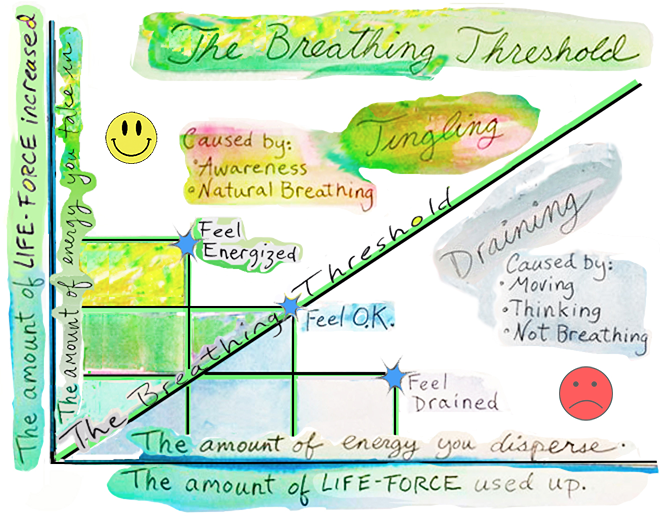The Six Challenges to Change
Looking for improvement is an admirable and courageous intention.
But did you realize that improvement requires you to learn new things and refrain from old, ingrained habits. This re-working your old ways is a challenging process.
If you take a good look at the times, you have previously tried to change, but failed, you will find that you got stuck on one of the Six Challenges and aborted your attempt.
Looking closely, you’ll also notice that every time you get stuck, you resist the same problem and with the same re-action.
To have a better chance of real change and success, you can identify what your challenges are, ahead of time, and practice how to resolve them, instead of acting out old habitual re-actions. Then, when your challenges show up, on your Change Journey, you will be properly prepared for successful progress.
Excerpt from the Natural Breathing Own Your Self Manual.
Looking for improvement is an admirable and courageous intention.
But did you realize that improvement requires you to learn new things and refrain from old, ingrained habits. This re-working your old ways is a challenging process.
If you take a good look at the times, you have previously tried to change, but failed, you will find that you got stuck on one of the Six Challenges and aborted your attempt.
Looking closely, you’ll also notice that every time you get stuck, you resist the same problem and with the same re-action.
To have a better chance of real change and success, you can identify what your challenges are, ahead of time, and practice how to resolve them, instead of acting out old habitual re-actions. Then, when your challenges show up, on your Change Journey, you will be properly prepared for successful progress.
Excerpt from the Natural Breathing Own Your Self Manual.

